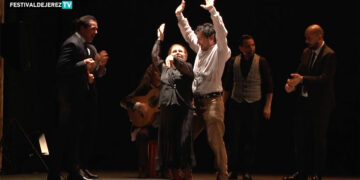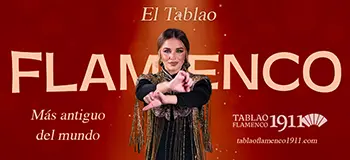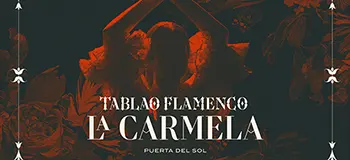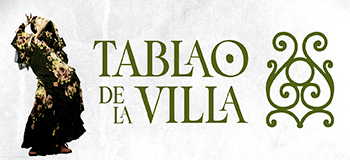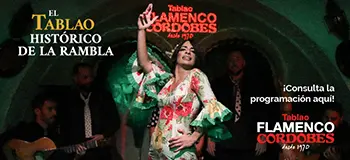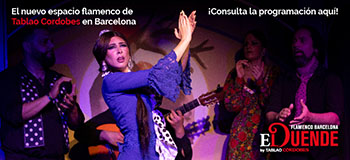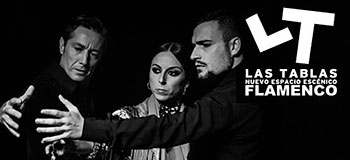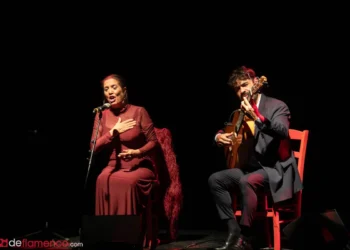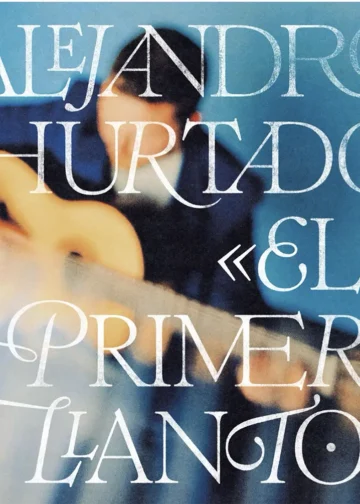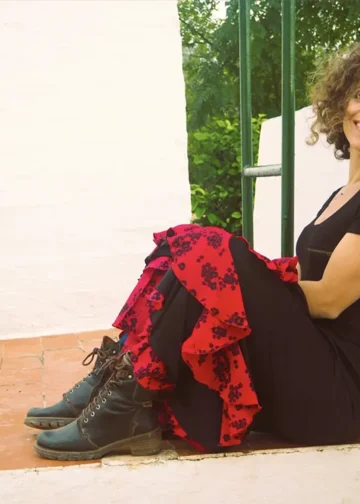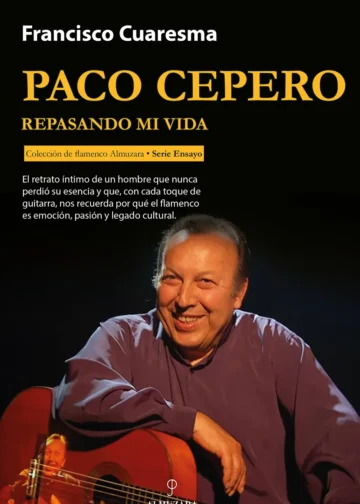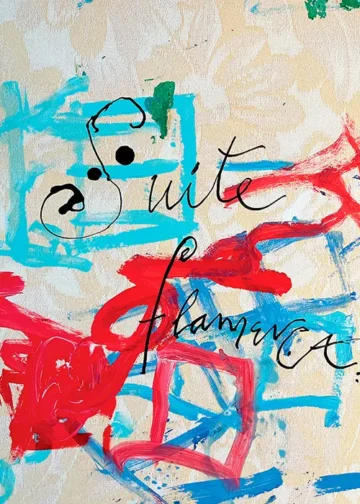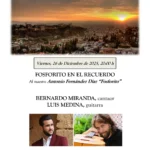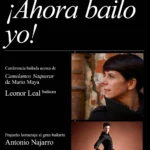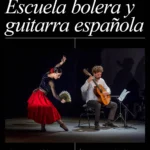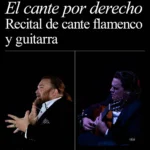|
Andrés Peña y Pilar Ogalla “Cádiz de la Frontera” |
||||
|
Special XIII Festival de Jerez 2009. All the information Text: Estela Zatania / Photos: Ana Palma Photo Gallery Andrés Peña y Pilar Ogalla “Cádiz de la Frontera” Dance: Andrés Peña, Pilar Ogalla. Corps de ballet: María Moreno, Lorena Franco, Alejandro Rodríguez, Juan Manuel Zurano. Cante: David Lagos, David Palomar, Jesús Méndez, May Fernández. Guitar: Javier Patino, Keko Baldomero. Flamenco. One way or another, that’s the reason you and me are here right now. Each person arrives by a different route, with different tastes and objectives, but always in search of flamenco. And just what is flamenco? I’m not about to define it for others. Andrés Peña and Pilar Ogalla have ideas of their own on the subject, and very clear ones at that. “Cádiz de la Frontera” has no contrivances. The instinctive wisdom of this young couple tells them that such a highly developed and complex musical genre as flamenco, moves forward at its own pace, without fanfare, and only a few special individuals can truly revolutionize the art without falling by the wayside in their attempts. Everything related to this work draws on existing forms expressed through the concepts of Andrés and Pilar. The forms or “palos” are listed on the program, and truly represent what is performed. It sounds obvious, but that’s not the norm nowadays. Coupled flamenco dancing is revived. The structure of the group, two men, two women, the two stars, guitar and voice, is what was used by dozens of of companies in the nineteen sixties and seventies, when large format shows were only within the reach of a very few, and flamenco was interpreted with dignity in nightclubs, tablaos and other venues of reduced capacity. The show has good lighting and the wardrobe makes good use color, the guitarists are dressed the same as each other, as are the singers. Discipline, respect, professionalism…values that demonstrate the degree of commitment of Andrés Peña and Pilar Ogalla, who also take responsibility for the choreography and artistic direction, while the guitarists are in charge of the music they play. The pretext is Jerez and Cádiz, historic rivals who can’t live without one another. Pilar, from Cádiz, Andrés, from Jerez. One guitarist from each city, and the singers are similarly distributed. The violin of Bernardo Parrilla is the only modern “concession”. Singers David Lagos and Jesús Méndez, and guitarist Javier Patino hold up the Jerez team, while the honor of Cádiz is defended by the voices of May Fernández and David Palomar, and the guitar of Keko Baldomero. Pilar has expanded her repertoire of moves to include contemporary details she administers well. This is an excellent dancer you can always rely on; she brings few surprises but never disappoints. Andrés is galactic. Compact, intense, minimalist and maximalist, depending on the moment, he defies the natural laws of gravity. He is a magician with bulerías, without palmas or percussion of any kind…hypnotic, fascinating. This couple is in no hurry, and it can be safely said that the team of Peña Ogalla reinforces the absolute relevance and power of the most classic sort of flamenco, and their show raises the level of the Festival de Jerez 2009 to a higher level. Ángeles Gabaldón “Río jondo” At 12 midnight, at the Sala la Compañía, Seville dancer, Ángeles Gabaldón, winner of the 2002 dance prize at La Unión, and specialized in avant-garde works such as Inmigración, Femenino plural o Gabal-donna, presented her tribute to the river which is the spinal column and spiritual soul of Seville, after its passage through several other Andalusian provinces. The Guadalquivir is represented in a number of unexpected ways, in the dripping wet hair of the dancer in one number, or the long train of her dress which becomes a sort of anthropomorphic river and dance partner. A dark dreamlike atmosphere makes for a relentlessly even tone throughout the whole process, but the versatile singer Alicia Acuña relieves the ennui displaying her vocal talent with Arabic melodies, tanguillo, Caribbean tunes and other curiosities. Raúl Cantizano was on guitar, and Antonio Montiel handled the percussion. |
Descubre más desde Revista DeFlamenco.com
Suscríbete y recibe las últimas entradas en tu correo electrónico.


 XIII FESTIVAL DE JEREZ 2009
XIII FESTIVAL DE JEREZ 2009 





